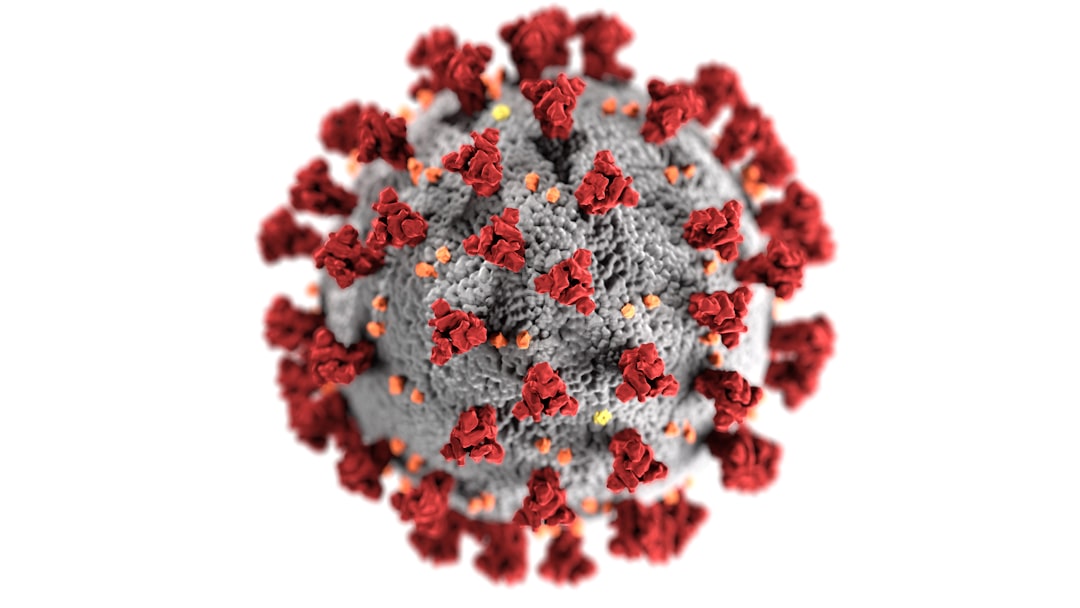What is it about?
Burkholderia cenocepacia is highly proinflammatory and causes severe lung infection in cystic fibrosis patients. Aubert et al. identify a type VI effector, TecA, in B. cenocepacia that disrupts macrophage actin cytoskeleton by deamidating Rho GTPases. The action of TecA is detected by the Pyrin inflammasome, which triggers inflammation in mice.
Featured Image
Why is it important?
Opportunistic, multidrug bacteria of the Burkholderia species can cause serious lung infections in patients with cystic fibrosis. These bacteria are particularly dangerous for patients since they elicit very strong inflammatory responses that accelerate patients' decay while these bacteria can survive and persist inside macrophages. Macrophages are cells from the immune system that normally capture, engulf, and destroy microorganisms. However, the macrophages from patients with cystic fibrosis fail to destroy engulfed Burkholderia. In collaboration with the group of Prof Feng Shao of the National Institute of Biological Sciences in Beijing, China, we discovered a novel bacterial toxin produced by Burkholderia that is secreted directly into macrophage cells once bacteria gain access to macrophages. This toxin orchestrates a proinflammatory response. We demonstrated this toxin, named TecA, directly inactivates key regulatory molecules in the macrophages, which leads to profound changes in their cellular behaviour, impaired in movement and reduced ability to engulf bacteria. Ultimately, the toxin promotes a process leading to the macrophage's own death. Using infections in experimental mouse models, we demonstrated that this protein is not only necessary but also sufficient to cause inflammation in the lung. Importantly, molecules similar to TecA are present not only in Burkholderia but also in several other opportunistic pathogens, suggesting that they may play similar roles in other opportunistic pathogens that from time to time can cause human infections in immunocompromised patients.
Read the Original
This page is a summary of: A Burkholderia Type VI Effector Deamidates Rho GTPases to Activate the Pyrin Inflammasome and Trigger Inflammation, Cell Host & Microbe, May 2016, Elsevier,
DOI: 10.1016/j.chom.2016.04.004.
You can read the full text:
Contributors
Be the first to contribute to this page










